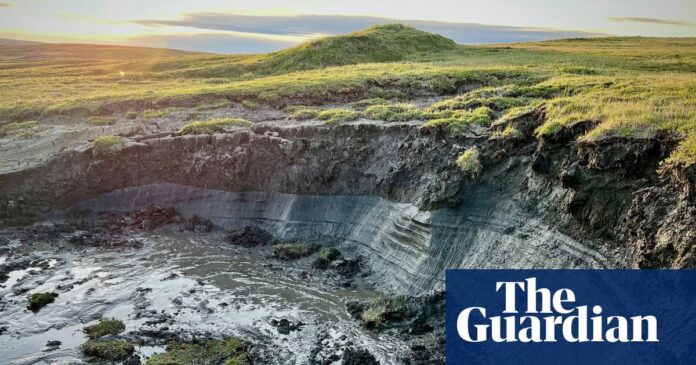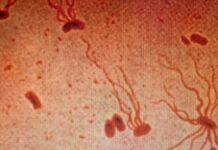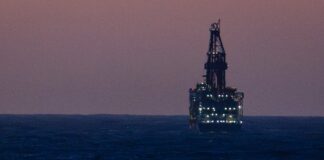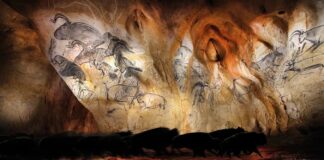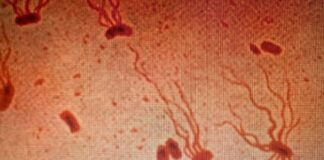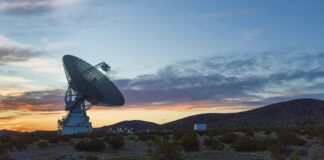The remote Qikiqtaruk (Herschel Island) off Canada’s Yukon coast is experiencing rapid land loss due to climate change, forcing indigenous communities and scientists to confront a collapsing ecosystem firsthand. Guardian reporter Leyland Cecco recently visited the island, witnessing how sections of land are literally disappearing into the sea.
The Scale of Collapse
Cecco describes witnessing chunks of earth eroding into the ocean, a dramatic visual indicator of the escalating crisis. This isn’t a distant future scenario; it’s happening now. The island’s permafrost is thawing at an alarming rate, destabilizing the coastline and accelerating erosion.
Indigenous Knowledge and Scientific Study
The situation isn’t just an environmental disaster; it’s a cultural one. Qikiqtaruk holds deep historical and spiritual significance for the local Inuit communities. Efforts are underway to preserve the island’s history – archaeological sites, oral traditions, and cultural artifacts – before they are lost forever.
Simultaneously, scientists are racing against time to understand the rate of erosion and its broader implications for other Arctic communities. The island serves as a microcosm of what’s happening across the region: rapid, irreversible change driven by global warming.
What This Means
The fate of Qikiqtaruk is a stark preview of what many Arctic communities face. The accelerating thaw of permafrost is releasing vast amounts of methane – a potent greenhouse gas – which further fuels climate change in a dangerous feedback loop.
“The speed of the changes is what’s most shocking,” Cecco reported. “It’s not gradual; it’s happening in real-time, with visible land disappearing before your eyes.”
The collapse of Qikiqtaruk underscores the urgency of climate action and the need to listen to those most directly impacted by the crisis. Without drastic emissions reductions, more Arctic landscapes will vanish, along with the cultures and ecosystems they support.












